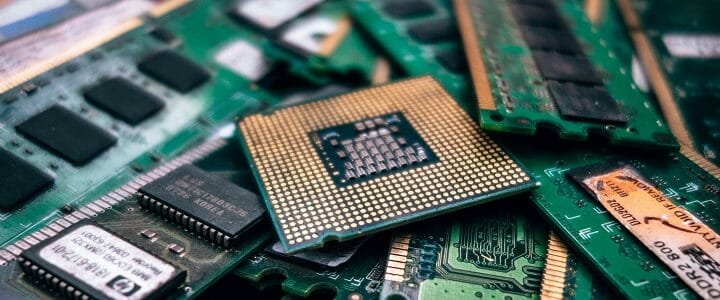Huawei’s American advertising slogan is “Building a Fully Connected Intelligent World.” It ought to be “Building a Fully Connected Intelligence Network.” Because our Australian allies have uncovered yet another example of the company empowering Chinese intelligence services.
In August, Australia banned the Chinese telecom manufacturer from providing any equipment to its planned 5G mobile data network. Over the weekend, any rational person who doubted that decision saw just how wise it truly was. The Australian reported that ahead of Trade Minister Simon Birmingham’s planned trip to Shanghai, word leaked that Huawei employees had furnished China’s intelligence services with passwords and other information that allowed them to access “a foreign network.”
The security breach was not necessarily recent, but was, the paper said, within the last two years. It is another piece of evidence that Huawei and and fellow Chinese firm ZTE are joined at the hip with Chinese spies. Any government or company that uses their equipment runs the risk of exposing every piece of traffic to Chinese eyes and ears.
The company has long been suspected of being such a conduit. A 2012 report from the House Permanent Select Committee on Intelligence first outlined the threat posed by Huawei and ZTE, which concluded “that the risks associated with Huawei’s and ZTE’s provision of equipment to U.S. critical infrastructure could undermine core U.S. national-security interests.” In February of this year, the intelligence community’s top leaders were unanimous in their assessment that Huawei and ZTE posed national security threats.
FBI Director Christopher Wray said he was “deeply concerned about the risks of allowing any company or entity that is beholden to foreign governments that don’t share our values to gain positions of power inside our telecommunications networks.” That led to a provision in this year’s National Defense Authorization Act that specifically prohibits U.S. government agencies from using “equipment or services as a substantial or essential component of any system, or as critical technology as part of any system” manufactured by either Huawei or ZTE.
Five Eyes on Huawei and Chinese Intelligence
Our allies are slowly coming around as well.
The world’s major English-speaking countries—the U.S., Canada, United Kingdom, Australia, and New Zealand—also comprise a signals intelligence sharing arrangement called “Five Eyes.” The alliance, which began in 1946, is undoubtedly the arrangement by which we share our intel in Huawei and ZTE with the other four eyes.
On Tuesday, the Wall Street Journal reported that the British government is also reexamining its relationship with Huawei. Unlike the U.S., the U.K.’s telecommunications network is heavily dependent on Huawei equipment. But the six-month review is likely to end with the same kind of ban as the U.S. and Australia. That would be entirely appropriate.
Supply chain risk management is serious business, as Bloomberg exposed in a story last month describing how the Chinese government had installed a chip on high-end video processing servers designed to give them a back door into the computers. Even though the government, and the companies mentioned in the story, strenuously deny it on the record, the story was too well sourced to be complete bunk. And a recent spate of arrests shows that China continues to pose our country’s largest industrial espionage threat. There’s simply too much circumstantial evidence to continue to place any trust in Huawei’s products, or any other telecommunications product manufactured in the People’s Republic.
The sooner our Five Eyes allies join us in banning Huawei equipment altogether, the better.




